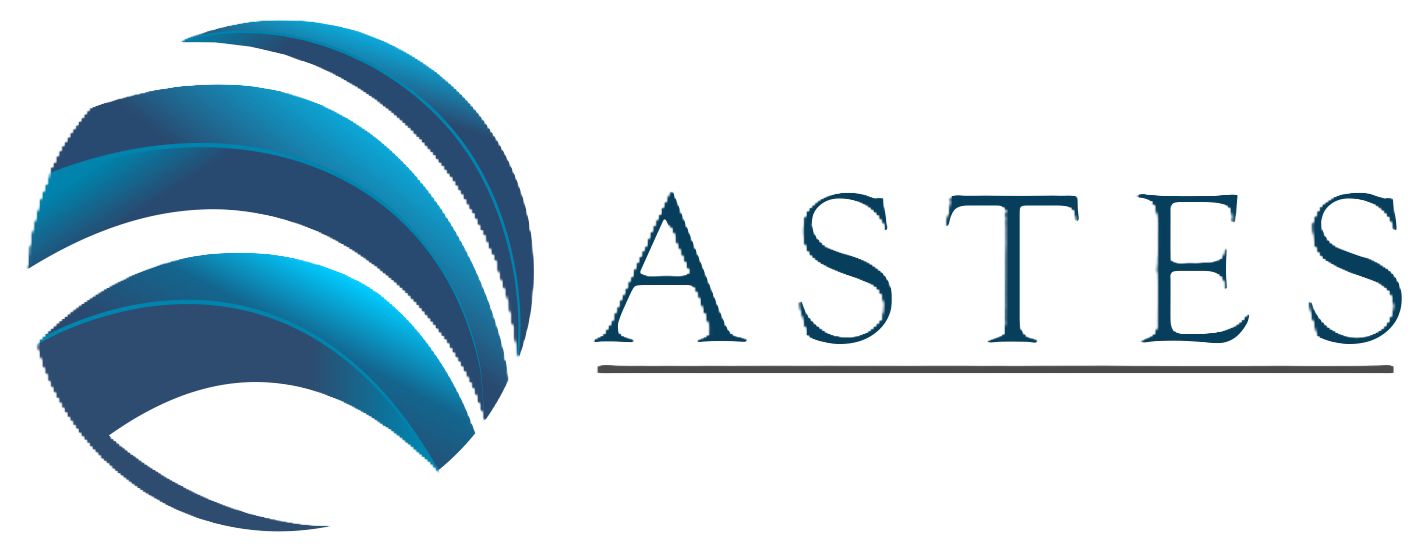Contribution in Private Cloud Computing Development based on Study and KPI Analysis
Volume 5, Issue 4, Page No 105-108, 2020
Author’s Name: Chafaa Hamrouni1,2,a), Slim Chaoui3,4
View Affiliations
1Department of Computer Sciences, Khurma University College, Taif University, Khurma, 2935, Kingdom of Saudi Arabia
2Research Groups on Intelligent Machines Laboratory, National School of Engineering of Sfax (ENIS), Sfax University, Sfax, 3038, Tunisia
3College of Computer and Information Sciences, Department of Computer Engineering and Networks, Jouf University, Skaka, 72311, Kingdom of Saudi Arabia
4Unit- Laboratory of Sciences of Electronics, Technologies of Information and Telecommunications, Sfax University, Sfax, 3038, Tunisia
a)Author to whom correspondence should be addressed. E-mail: chafa.hamrouni.tn@ieee.org
Adv. Sci. Technol. Eng. Syst. J. 5(4), 105-108 (2020); ![]() DOI: 10.25046/aj050414
DOI: 10.25046/aj050414
Keywords: QoS, Virtuel Infrastructure Manager, Virtuel Machine, Virtual Private Network, Quality of Service
Export Citations
The preset paper describes a contributes in the implementation of private Cloud Computing. Exhaustive study made validates Cloud environment creation and successful deployed Solution Configuration choice. Related solution ensures a good investment that reduces energy costs of the data center, minimizes network traffic cost proven as an NP-hard problem. In addition, each virtual machine (VsM) depends on energy within the data center. Used genetic algorithm allows the emergence of new generations, the use of Tabu search algorithm demonstrates a divergence state, however an identification technique, based on a hybrid algorithm, ensures which optimized virtual machine.
Received: 26 April 2020, Accepted: 21 June 2020, Published Online: 12 July 2020
- A. Khilla and I. Wolff, Field “Theory Treatment of H-Plane Waveguide Junction with Triangular Ferrite Post”, IEEE Transactions on Microwave Theory and Techniques, 41, 274_281, 1993. Doi:10.1109/TMTT.1978. 1129365
- N.S. Murthy and P. Srikanth Gautham, “Adaptive Equalizers in Smart Antenna Systems”, IETE Journal of Education, 50, 111-117, 2009. Doi: doi.org/10.1080/09747338.2009.10876058
- A. H. Levy and A. S. Willsky, “An efficient maximum entropy technique for 2-D isotropic random fields”, IEEE Journals & Magazines, 2, 741_744, 1988. Doi: 10.1109/29.1589
- P. Seong Chuah, C. Zhenzhong and Y. C. Peng Tan, “Energy Minimization for Wireless Video Transmiss- -ions With Deadline and Reliability Constraints”, IEEE Transactions on Circuits and Systems for Video Technology, 23, 467-481, 2013. Doi:10.1109/TCSVT.2012. 2210655
- M.Vesperini, F. Breon and D.Tanre, “Atmospheric water vapor content from space borne POLDER measurements”, IEEE Transactions on Geoscience and Remote Sensing, 37, 1613_1619, Doi: 10.1109/36.763275,Feb. 1999.
- A.Verma, N.Srivastava and B. K. Kanaujia, “Analysis of Gunn Loaded Rectangular Microstrip Antenna”, IETE Journal of Education, 53, 80-87, 2012. Doi:10.1080/09747338.2012.10876096
- K.L.Rao Member, “A Simplified Approach to the Antenna Problem”, IETE Journal of Education, 23, 7-8, 1982. Doi:1080/ 09747338.11450499
- P.K. Singhal, P.j Singh Tomar and N.Verma, “Topologies and Applications of Meander Line Antenna”, IETE Journal of Education, 48, 121-131, 2007. Doi:10.1080/09747338.2007.11657877
- Q. Yu, L.S. Yan, S. Lee, Y. Xie and A. E. Willner, “Loop synchro. polarization scrambling technique for the simulating polarization effects using recirculating fiber loops”, in the Journal of Lightwave Technology, 21, 1593-1600, 2003. Doi: 10.1109/JLT.2003.810103
Citations by Dimensions
Citations by PlumX
Google Scholar
Scopus
Crossref Citations
No. of Downloads Per Month
No. of Downloads Per Country
